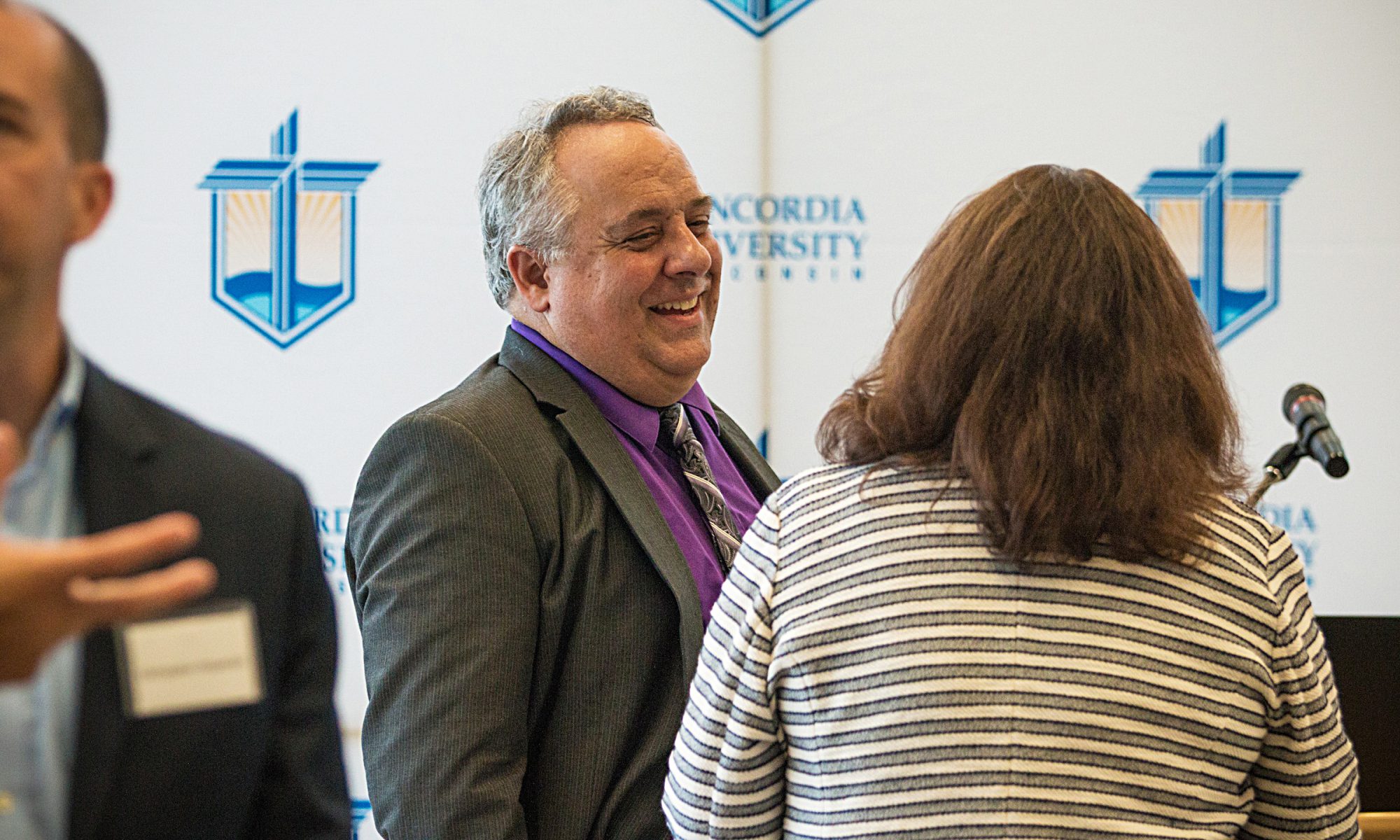
Editor's Note: This is one in a series of blog posts written by Rachel Heil ('19) highlighting Concordia faculty members' research efforts.
Dr. Daniel Sem has been with Concordia University for seven years, and during his time he has moved from being a professor in pharmacy to being the dean of the Batterman School of Business. It may seem an unlikely transition to some, but Sem has been combining the two fields for years. It started when he, a trained scientist, co-founded his own company in San Diego.
“I really enjoyed that whole process of raising capital and building a company, and later helping other people start companies and working and acting as entrepreneurs in science,” Sem says.
Ever since then, Sem has been finding ways to blend the two fields of interest, while remaining actively involved in research and applying for grants that focus on drug development and commercialization.
A veteran of the research process, Sem currently has several grants with the National Institutes of Health (NIH), including some sub-awards with the Medical College of Wisconsin. These grants are broken down into two major projects:
- Vascular Diseases—Sem is part of a team that includes the vice chair of research in the OB/GYN and pediatrics departments at the Medical College and Children’s Hospital. Dr. Raj Rathore, a chemist from Marquette University had also contributed to the team before his recent passing. Their goal is to study certain vascular diseases, like hemangiomas and diabetic peripheral arterial disease, and learn more about them in hopes of finding a better way to treat these diseases.
- Dementia Research—Sem’s other project focuses on finding molecules that stimulate the estrogen receptor (beta isoform) in the brain in hopes of better treating people with dementia, especially post-menopausal women. After menopause, some populations of women have to take hormone replacement therapy to make up for the loss of estrogen, but this can create risk of breast cancer by binding to the alpha isoform of estrogen receptor. Yet, low levels of estrogen can also exacerbate dementia symptoms. One solution is to treat with molecules that bind selectively to the beta Estrogen receptor in the brain. Sem hopes to use this molecule to treat women with low estrogen levels, and especially those who suffer from dementia. Preliminary data in animal models suggest the molecules improve memory in a statistically significant manner.
Sem believes doing research allows people the opportunity to engage their imagination and answer those questions we’ve always wanted answers to. We are all born with these desires, Sem believes, but unfortunately they begin to disappear as we get older. However, by doing research people are able to engage their inner thoughts and explore the possibilities. Additionally, research “helps us to keep asking new questions.” It also allows faculty members to engage their students and be at the top of their field.
“It goes back to a philosophy of education in America that has made our universities so attractive to international students,” Sem explains. “Doing research keeps you on the cutting edge of your field.”
Research and securing grant funding is a time-consuming process that takes patience and dedication, says Sem. However, he believes it is all worth it, and offers some advice to those who are apprehensive about taking on the task.
“Talk to others who have done it to learn from them,” Sem says. “First time around, you probably won’t get funded, but don’t go into it thinking you’ll fail because then you will. Be optimistic.”
—
If this story has inspired you, why not explore how you can help further Concordia's mission through giving.